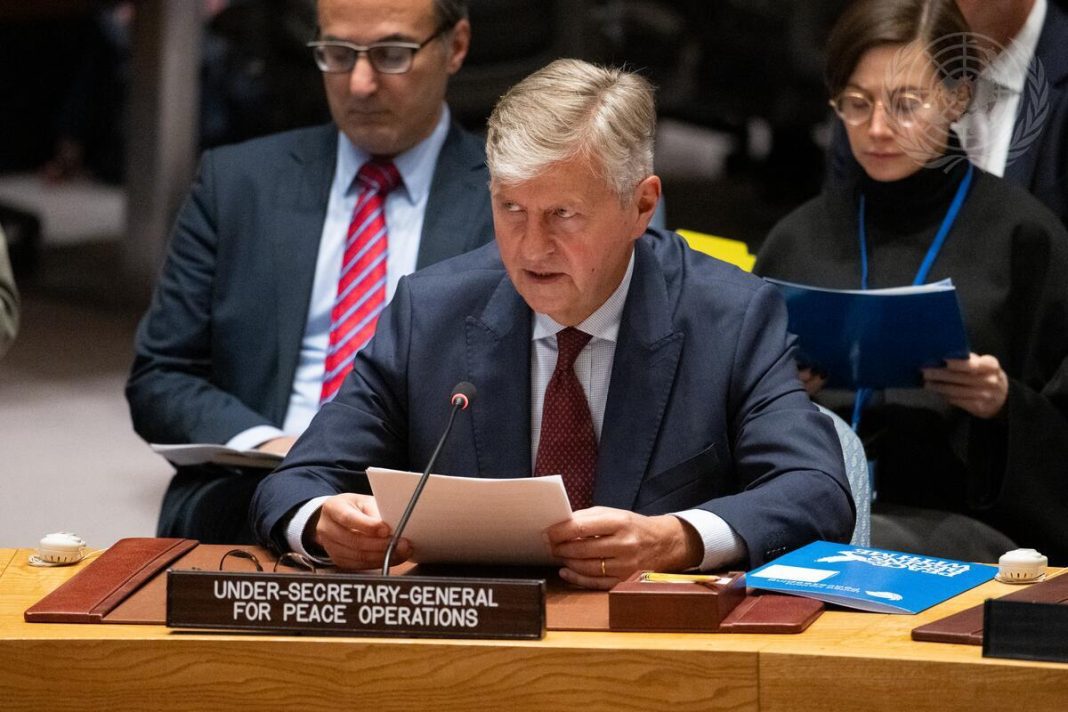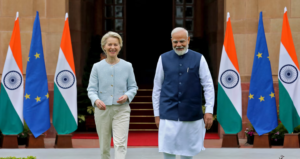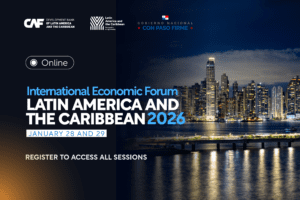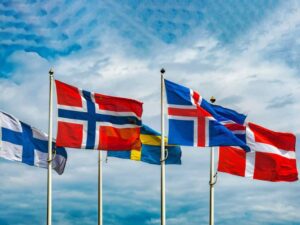IMO Approves First Global Carbon Pricing Framework for Shipping
In a landmark move for global climate action, the International Maritime Organization (IMO) has approved the world’s first industry-wide carbon pricing framework for shipping. This historic agreement introduces a two-tier carbon fee system, imposing a $100 per ton levy on CO₂ emissions, escalating to $380 per ton for ships exceeding stricter emission thresholds. Set to take effect in 2028, the initiative aims to steer the maritime sector toward net-zero emissions by 2050.
The carbon pricing mechanism is expected to generate between $11 billion and $12 billion annually in its initial years, establishing one of the largest climate action funds globally . These funds are earmarked to support the transition to cleaner shipping technologies, reward low-emission vessels, and assist developing nations in adapting to climate change impacts.
Arsenio Dominguez of Panama, who assumed the role of IMO Secretary-General on January 1, 2024, has been instrumental in advancing this climate initiative. As the first Latin American to hold this position, Dominguez’s leadership underscores Panama’s growing influence in global maritime and environmental affairs.
Panama Emerges as Climate Leader Ahead of 2025 Climate Week
Further highlighting Panama’s commitment to climate action, the country is set to host the first Climate Week of 2025 from May 19 to 23 in Panama City. This event will convene policymakers, industry leaders, and civil society to discuss and promote regional climate solutions ahead of COP30.
While the IMO’s agreement marks a significant step forward, some environmental advocates argue that the measures fall short of the organization’s own 2030 emissions reduction goals and may not sufficiently incentivize the adoption of zero-carbon fuels . Nevertheless, the establishment of a global carbon pricing mechanism for shipping represents a pivotal advancement in international climate policy.
As the maritime industry embarks on this transformative journey, Panama’s leadership—both through Dominguez’s role at the IMO and as host of the upcoming Climate Week—positions the nation at the forefront of efforts to achieve a sustainable and equitable future for global shipping.
Related Article: UN Global Compact: Maritime Industry Calls on Governments to Back Historic IMO Climate Measures

 Follow SDG News on LinkedIn
Follow SDG News on LinkedIn











